Bem-vindo ao meu blog!
Antes de mergulharmos no conteúdo, adoraria que você se juntasse a mim nas minhas plataformas de mídia social, onde compartilho mais insights, interajo com a comunidade e posto atualizações. Veja como você pode se conectar comigo:
Facebook: https://www.facebook.com/profile.php?id=100072217509763
LinkedIn: https://www.linkedin.com/company/74949059/admin/dashboard/
YouTube:www.youtube.com/@tractormanufacturer-lc5qz,www.youtube.com/@excavatormanufacturers-sn9hk
TikTok: www.tiktok.com/@tractormanufacturer, www.tiktok.com/@excavatormanufacturers
Agora, vamos começar nossa jornada juntos. Espero que você ache o conteúdo aqui perspicaz, envolvente e valioso.
Introdução
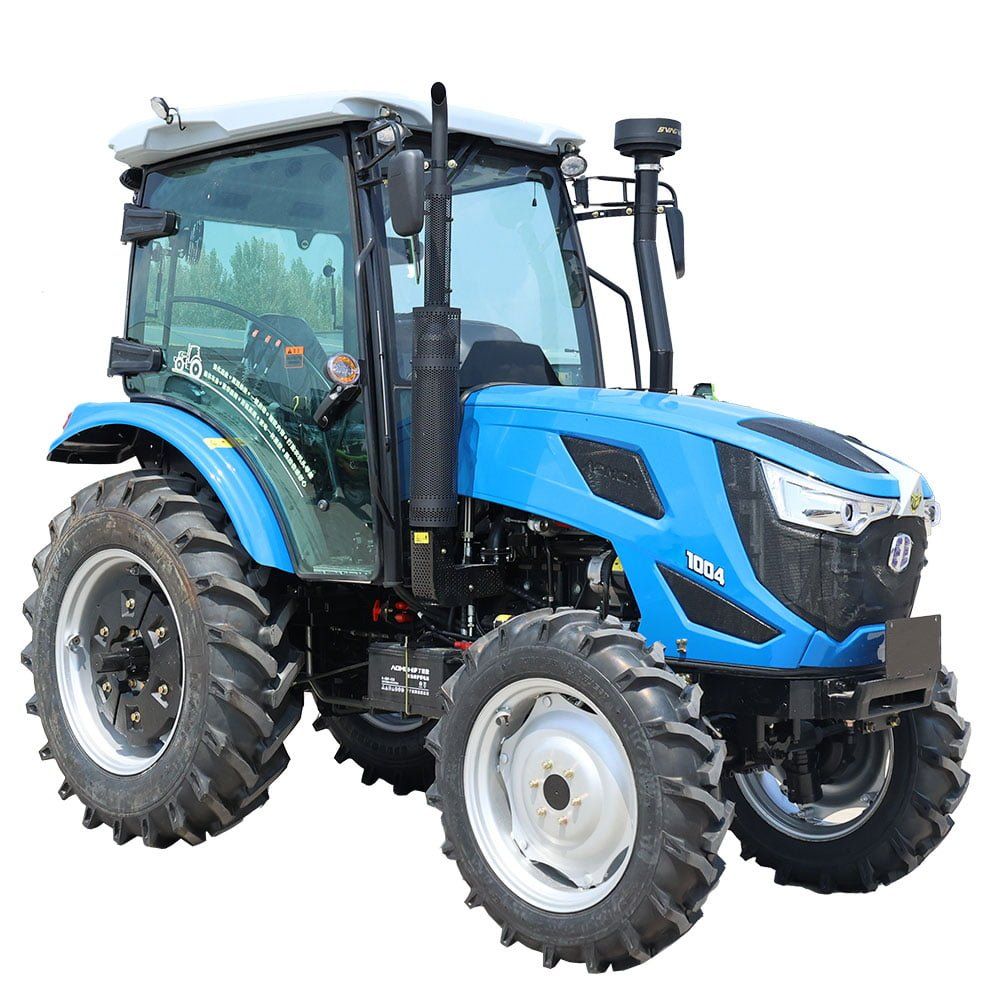
Why Import a Tractor?
Importar um trator do exterior pode oferecer várias vantagens para fazendeiros, empresas e indivíduos que buscam equipamentos especializados ou econômicos. Seja você uma operação agrícola de larga escala ou uma pequena fazenda de hobby, o mercado global de tratores fornece uma vasta gama de opções para atender a várias necessidades.
Neste guia abrangente, vamos nos aprofundar nos principais benefícios da importação de tratores, explorar os fatores a serem considerados ao fazer uma compra e fornecer respostas para perguntas frequentes. Ao final deste artigo, você terá um melhor entendimento de como importar um trator pode melhorar suas operações e economizar dinheiro.
Key Benefits of Importing Tractors
Wider Range of Options
- Specialized Equipment: Overseas markets often offer specialized tractors designed for specific tasks or terrains that may not be readily available domestically.
- Unique Features: Imported tractors may have unique features or configurations that can improve efficiency and productivity.
- Personalização: Many manufacturers allow for customization, enabling you to tailor the tractor to your exact requirements.
Economia de custos
- Lower Manufacturing Costs: In some countries, manufacturing costs for tractors are lower, which can translate into significant savings for the buyer.
- Bulk Purchasing: Importing multiple tractors or purchasing in bulk can result in substantial discounts.
- Avoidance of Local Taxes: Depending on your location and the country of origin, you may be able to take advantage of lower taxes or import duties.
Higher Quality
- Stricter Quality Standards: Some countries have stricter quality control standards for tractor manufacturing, ensuring that imported equipment is durable and reliable.
- Tecnologia avançada: Overseas manufacturers may be at the forefront of tractor technology, offering models with the latest innovations.
Personalização:
- Tailored Specifications: Many manufacturers allow for customization, enabling you to tailor the tractor to your exact requirements, such as engine size, hydraulic capacity, and tire options.
- Unique Features: You can specify unique features that may not be available on standard models, such as specialized attachments or cabin configurations.
Factors to Consider When Importing a Tractor
-
 Trator de 4 rodas 140HP 1604
Trator de 4 rodas 140HP 1604 -
 Trator Agrícola 140HP 1404
Trator Agrícola 140HP 1404 -
 Trator Farmall 130 HP 1304
Trator Farmall 130 HP 1304 -
 O trator de modernização QILU 260HP mais pesado
O trator de modernização QILU 260HP mais pesado -
 Poderoso trator de chassi pesado QILU 240HP
Poderoso trator de chassi pesado QILU 240HP -
 Trator agrícola padrão internacional Power QILU 220HP
Trator agrícola padrão internacional Power QILU 220HP -
 Fornecedor de trator 100HP da China
Fornecedor de trator 100HP da China -
 Fábrica de tratores OEM 80HP
Fábrica de tratores OEM 80HP -
 China Trator 70HP Atacado
China Trator 70HP Atacado
Importing a tractor involves a complex interplay of various factors. To ensure a smooth and successful importation process, it is crucial to consider the following:
Conformidade regulatória
- Import Restrictions: Different countries have specific regulations regarding the importation of agricultural machinery. These may include restrictions on age, brand, or technical specifications.
- Safety Standards: Ensure the tractor meets the safety standards of your country. This may involve certifications and testing.
- Environmental Regulations: Some countries have strict environmental regulations regarding emissions and noise levels.
- Quotas and Tariffs: Understand the import quotas and tariffs applicable to tractors.
Logistics and Shipping
- Shipping Methods: Choose the most suitable shipping method based on the size and weight of the tractor, as well as the urgency of delivery. Options include ocean freight, air freight, and land transport.
- Insurance: Obtain adequate insurance coverage to protect against losses or damages during transit.
- Port of Entry: Select a port of entry that is well-equipped to handle agricultural machinery.
- Customs Clearance: Understand the customs clearance procedures and documentation requirements.
Financial Considerations
- Cost Breakdown: Calculate the total cost, including purchase price, shipping fees, customs duties, taxes, and any additional fees.
- Payment Terms: Determine the most suitable payment terms with the supplier.
- Currency Exchange Rates: Monitor currency exchange rates to manage financial risks.
- Opções de financiamento: Explore financing options if needed.
Tractor Specifications
- Compatibility: Ensure the tractor is compatible with local infrastructure, fuel types, and climate conditions.
- Manutenção: Consider the availability of spare parts and service in your region.
- Personalização: If customization is required, work closely with the supplier to ensure that the tractor meets your specific needs.
Supplier Selection
- Reputation: Research the supplier’s reputation and track record.
- Experience: Choose a supplier with experience in exporting agricultural machinery.
- Communication: Ensure effective communication with the supplier to avoid misunderstandings.
- After-sales Service: Inquire about the supplier’s after-sales service and warranty.
Legal and Contractual Matters
- Purchase Agreement: Have a detailed purchase agreement in place that outlines all terms and conditions.
- Intellectual Property: Ensure that the supplier has the necessary intellectual property rights.
- Dispute Resolution: Consider including a dispute resolution clause in the contract.
Additional Tips
- Consult with an Import Specialist: Seek advice from an import specialist or customs broker to ensure compliance with all regulations.
- Visit the Supplier: If possible, visit the supplier’s facility to inspect the tractors before purchase.
- Join Industry Associations: Connect with industry associations to network with other importers and stay updated on industry trends.
Comparison Table: Domestic vs. Imported Tratores
| Recurso | Domestic Tractors | Imported Tractors |
|---|---|---|
| Disponibilidade | Readily available | Wider range of options |
| Custo | Generally higher | Potentially lower |
| Personalização | Limited options | More customization options |
| Qualidade | Varies | Can be higher due to stricter standards |
| Support | Extensive dealer network | May require more effort to find support |
Conclusão

Importing a tractor from overseas can be a rewarding experience, offering access to a wider range of options, potential cost savings, and higher quality equipment. However, it’s essential to carefully consider the factors involved, such as shipping costs, import duties, and compliance with regulations. By conducting thorough research and working with a reputable supplier, you can make an informed decision and find the perfect tractor for your needs.
Perguntas frequentes
How long does it take to import a trator?
- The time required to import a tractor can vary significantly depending on various factors, including the country of origin, destination port, customs clearance procedures, and any necessary inspections. Generally, the entire process can take anywhere from a few weeks to several months.
What documents are required for importing a tractor?
- The specific documents required may vary depending on your location and the country of origin. However, common documents include:
- Commercial invoice
- Bill of lading
- Packing list
- Certificate of origin
- Import license (if required)
- Safety certification (if required)
- Phytosanitary certificate (if applicable)
Can I import a used trator?
- Yes, you can typically import a used tractor. However, there may be additional requirements and restrictions compared to importing a new tractor. For instance, you may need to provide documentation proving the age and condition of the tractor.
What are the potential risks of importing a tractor?
- Some potential risks associated with importing a tractor include:
- Delays in shipping or customs clearance
- Damage during transportation
- Non-compliance with import regulations
- Difficulty in obtaining after-sales support
- Currency fluctuations
How can I find a reliable supplier?
- To find a reliable supplier, consider the following:
- Online marketplaces: Websites like Alibaba and Global Sources offer a wide range of tractor suppliers.
- Trade shows and exhibitions: Attend industry events to meet suppliers in person.
- Industry associations: Contact industry associations for recommendations.
- References: Ask for references from other importers.
- Due diligence: Thoroughly research the supplier’s reputation and financial stability.

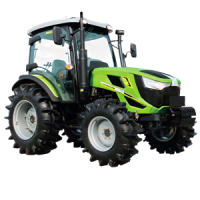
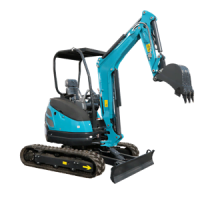
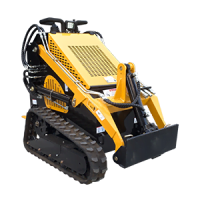
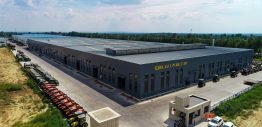

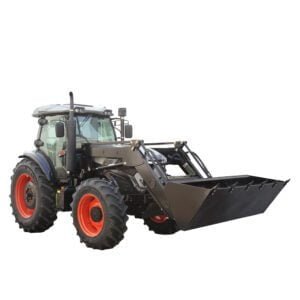
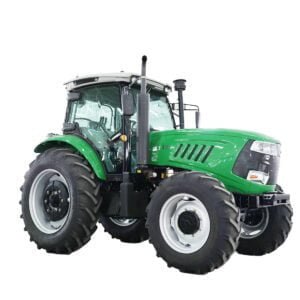






-1.png)